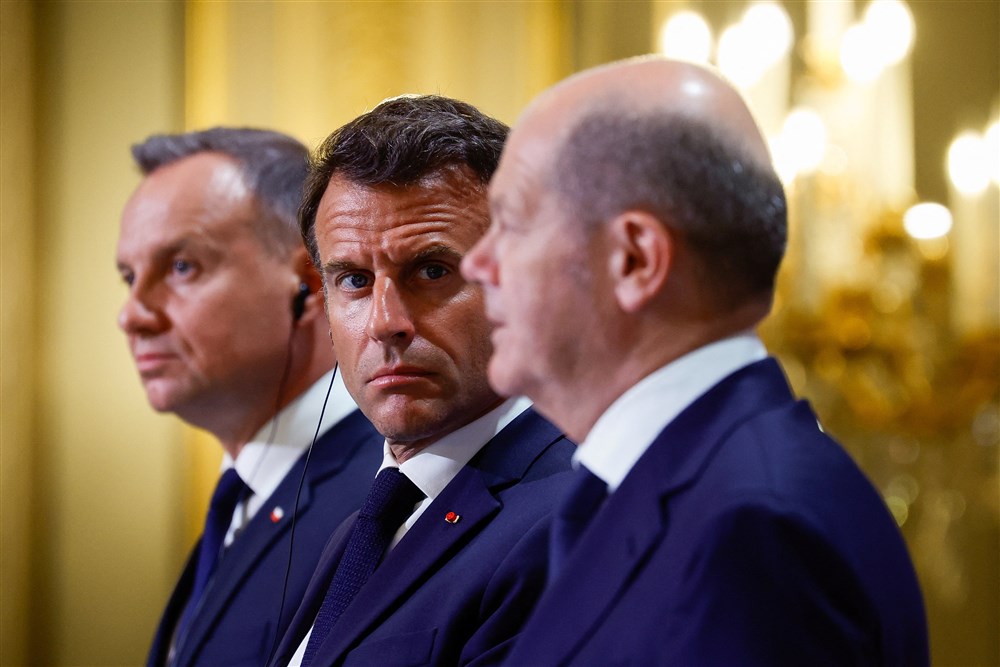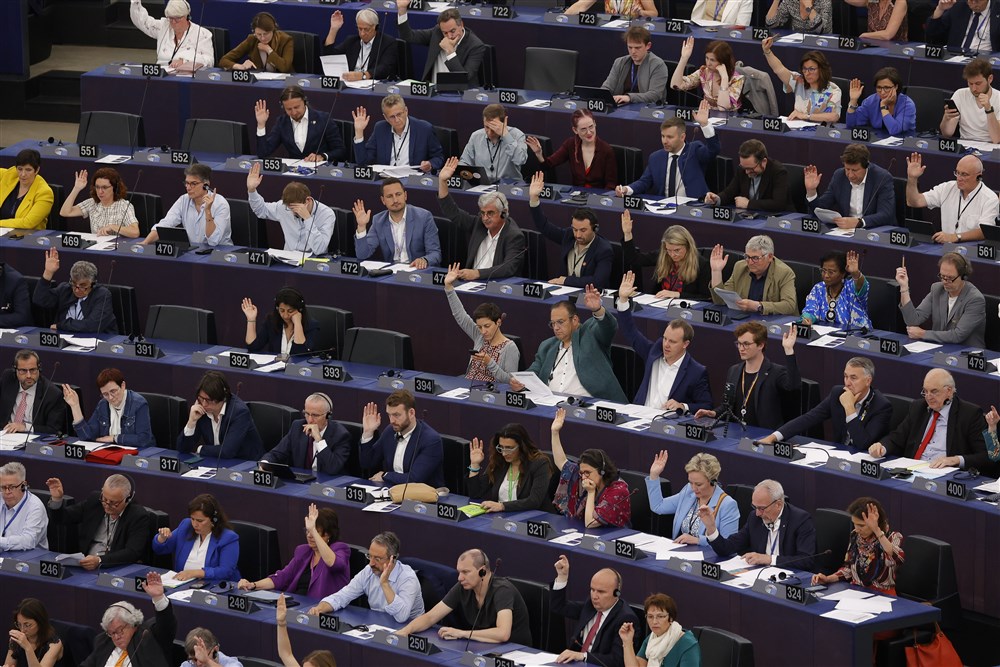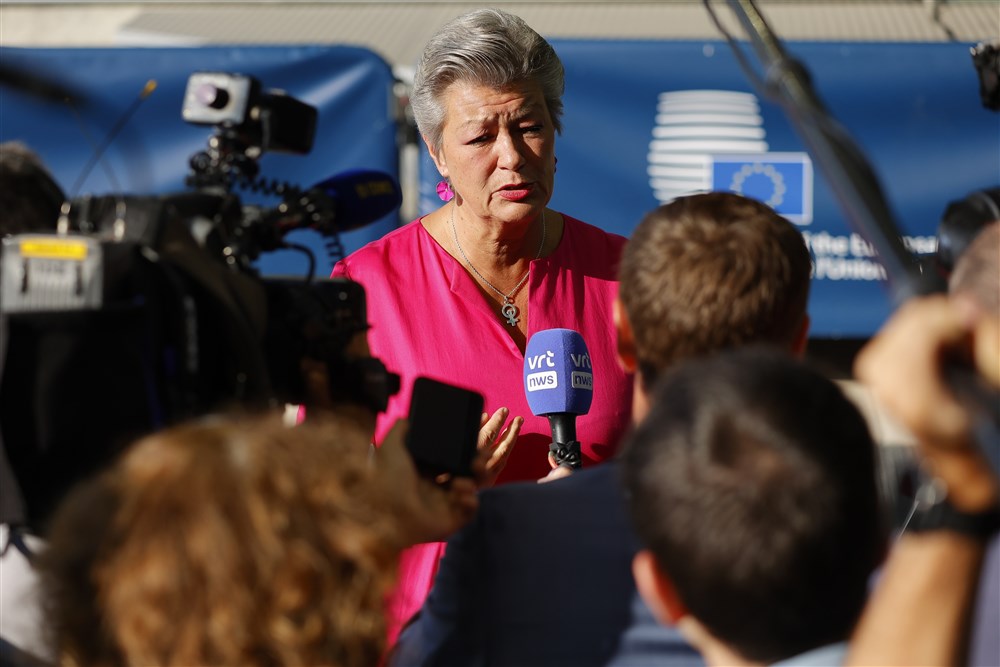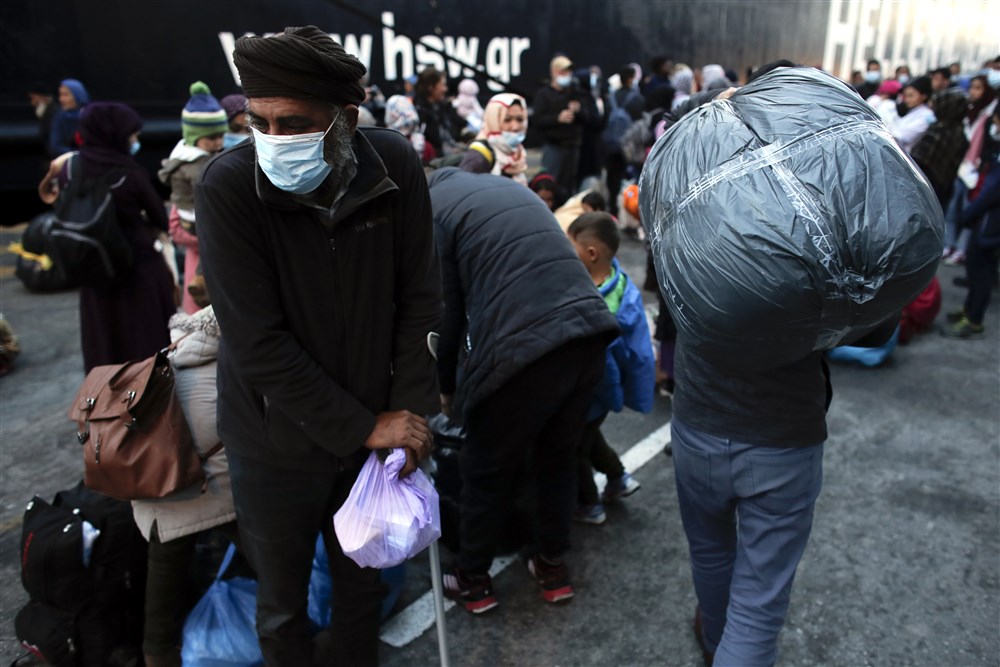European Union leaders gathered on June 29 in Brussels to discuss the most important issues facing the bloc of 27 Member States.
With helicopters hovering overhead and the streets around the venue for the European Council meeting blocked off with armed police barricades, a heavy security presence was clear. Alongside the choppers and barricades, squads of blacked-out 4x4s and police motorcyclists cruised the so-called Brussels ‘Eurobubble’ quarter.
As one onlooker quipped: “It must be time for an EC summit.”
On the agenda for the EC gathering is, of course, Russia’s war in Ukraine. Another primary topic is the potential fall out of the Kremlin-backed mercenary warlord Yevgeny Prigozhin’s apparent mutiny – and U-turn.
On Friday evening last week, he and his band of ‘Wagner’ fighters seized control of two southern Russian cities and then advanced to within 200km of Moscow, seemingly with minimal resistance. That led to the mercenaries being offered refuge in neighbouring Belarus, in what many see as a deal struck by Russian President, Vladimir Putin, to halt the advance.
However, as the byzantine palace-politics of Russia appears to be potentially fracturing, EU leaders are increasingly concerned.
Other talks at the Brussels summit will focus on issues including the EU’s controversial new Migration Pact proposal, which is set to provoke heated discussion.
Attendees include many of the EU’s major players, such as German chancellor, Olaf Scholz, Italy’s Prime Minister, Giorgia Meloni, and the heads of the main EU institutions.
However, French President, Emmanuel Macron, is unlikely to appear, having already convened an emergency meeting of his government in response to the current wave of violent riots engulfing Paris and cities elsewhere in France. That unrest erupted following the police shooting of a North African teenager in the capital on Tuesday.
Back in Brussels, at the summit, the red-carpet conveyor belt ferried out one EU leader after another to address the press, where the crowd of microphones held by eager TV crews and journalists resembled what one observer described as “a flock of flamingos at the watering hole”.
First to face the media scrum was the ever-punctual Scholz. He told reporters that he believed Prigozhin’s Wagner ‘mutiny’ was unlikely to affect Russia’s invasion of Ukraine in any notable way. However, he assured journalists that EU leaders would continue to consider all potential scenarios that could arise regarding Russia.
Charles Michel, Council President, then appeared alongside Jens Stoltenberg, the Secretary General of NATO. Asked about the Wagner affair and the potential destabilisation of the Russian regime, Stoltenberg insisted that he did not believe a weaker Putin was, necessarily, a more dangerous Putin. He added that any internal wrangling in the Kremlin was strictly a Russian matter.
High Representative of the EU for Foreign Affairs and Security Policy, Josep Borrell, disagreed with Stoltenberg. Borrell stated that, in his opinion, a weaker Putin was most certainly a more dangerous Putin.
He added that now, not only was Russia’s invasion of Ukraine a threat to European security, Russia’s internal instability was also a risk, since Putin had “lost the monopoly of force” in his own country.
Almost all the leaders present, however, said they were sure that, regardless of what happens in Russia, the EU’s main priority would be to continue supporting the Ukrainian war effort.
Aside from Russia, the EU’s proposed Migration Pact also proved a bone of more contention.
While the Council of Ministers was able to secure an agreement earlier this month, not all the Member States are satisfied. To date, Hungary and Poland have vowed to fight the Pact. Poland, in particular, has been vocal in its denunciations, with the Polish Government promising to hold a national referendum on the proposal. Polish Prime Minister, Mateusz Morawiecki, was seen arriving at the summit but had not, at the time of publishing, spoken to the press.
The controversy for both Hungary and Poland centres on the Pact’s so-called solidarity mechanism. That process, if adopted, will give EU Member States an option to either accept relocated migrants, or to pay €20,000 per migrant not taken in. Hungary and Poland both see that as “mandatory relocation by the backdoor” and a violation of their national sovereignty.
When asked about the possibility of a Hungarian veto blocking the EU legislation, Borrell laughed and said that he was “working to de-block”.
Ulf Kristersson, the Swedish Prime Minister, whose country holds the rotating EU presidency, was more contrite. While it was important that migrants arriving in the EU should have their rights safeguarded, the EU couldn’t continue to allow permit-less migrants to “wander about the inside” of the bloc at will, he said.
The Migration Pact itself is not set to be voted on until the EU institutions – namely the European Commission, the European Parliament and the Council of Ministers – have come to an agreement on a final version, and that is unlikely to be a quick process.
In the end, observers say, the current summit may result in some consensus on issues under scrutiny, given virtually all the items on the agenda are listed as “up for discussion or assessment” by the leaders of the Member States.





